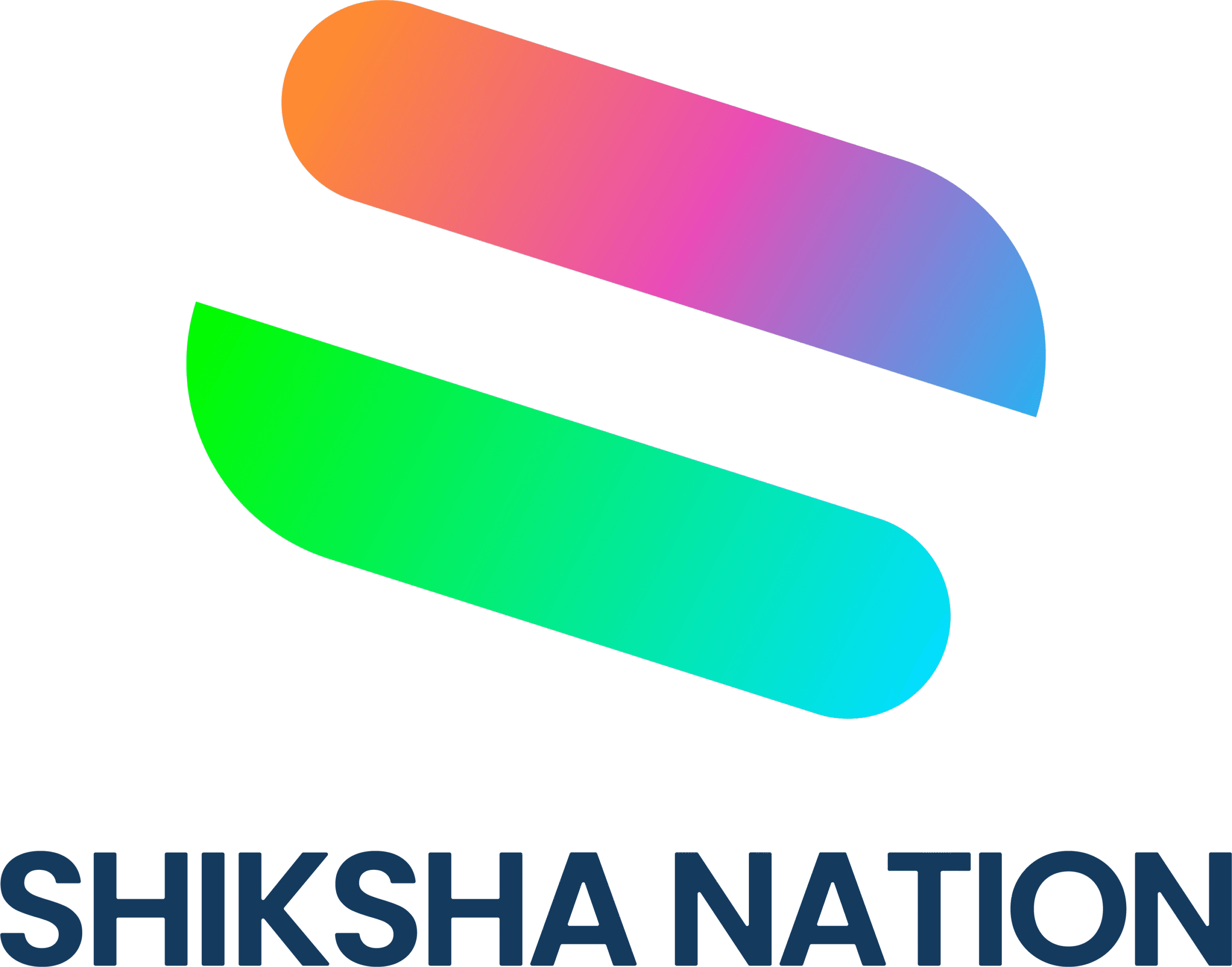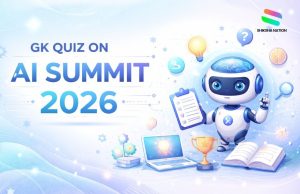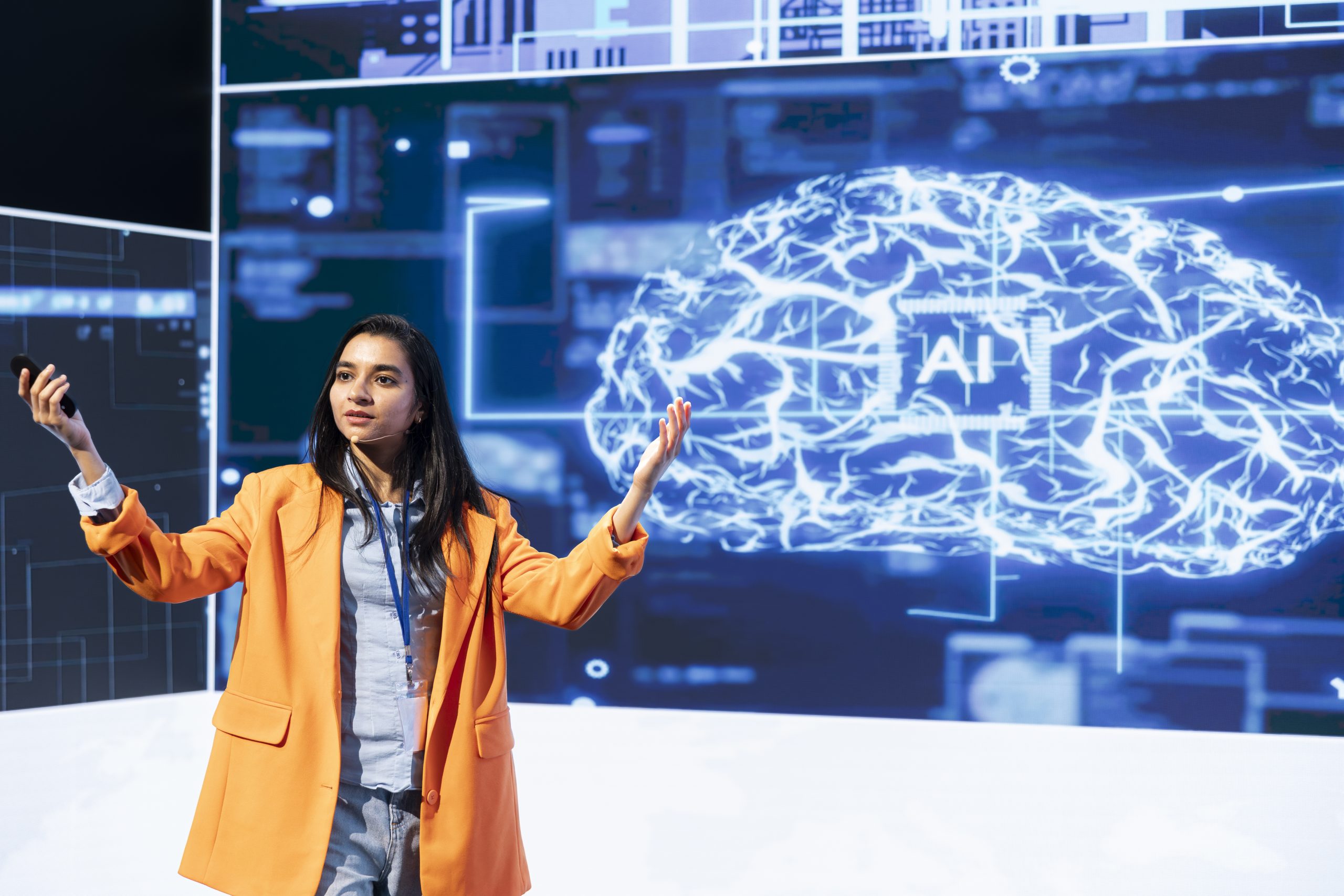AI + Human Skills: The Winning Combo for Future Jobs
The world of work is changing faster than ever before. Artificial Intelligence (AI) is now part of nearly every industry — from healthcare and education to marketing and finance.
But here’s the truth: AI won’t replace people who know how to use it. It will replace those who don’t.
That’s why the future doesn’t belong to machines alone—it belongs to people who can combine AI skills with human abilities like creativity, empathy, and critical thinking.
This is the winning formula for the careers of tomorrow: AI + human skills.
The New World of Work
Ten years ago, jobs were mostly about technical knowledge and hard work. Today, technology handles much of the routine work — calculations, scheduling, analysis, and even writing.
AI systems can design, diagnose, and predict outcomes with remarkable accuracy. Yet, they still lack emotional intelligence, intuition, and ethical judgement — all qualities that humans naturally possess.
This shift means the future workforce must blend AI literacy (understanding how technology works) with human excellence (communication, creativity, and problem-solving).
Those who master this combination will not only survive — they’ll lead.
Why AI Alone Isn’t Enough
There’s a misconception that learning AI tools guarantees job security. But AI is just a tool — and like every tool, its impact depends on who’s using it.
AI can process data faster than any human, but it can’t:
-
Feel empathy towards a customer.
-
Lead a team through uncertainty.
-
Create emotionally engaging ideas, or
-
Make ethical decisions about fairness or inclusion.
That’s where human skills step in.
The future belongs to professionals who can use AI to enhance — not replace — their creativity, empathy, and strategic thinking.
What “AI + Human Skills” Really Means
When we talk about combining AI and human skills, we’re talking about humans becoming augmented thinkers.
Imagine a marketer who uses AI to analyse customer data but uses creativity to write campaigns that connect emotionally.
Or a teacher who uses AI-powered analytics to track student progress but uses empathy to guide each learner individually.
This combination creates professionals who are not only efficient but also irreplaceable.
The formula looks like this:
AI + Human Skills = Intelligent, Adaptable, and Future-Ready Workers.
The Top Human Skills That AI Can’t Replace
Here are some key human strengths that remain unmatched by technology — and why they matter more than ever:
1. Creativity and Innovation
AI can imitate, but it can’t imagine.
It can generate new content, but not truly original ideas rooted in human emotion or culture.
Creative thinking will always be the driving force behind innovation, design, and storytelling.
2. Empathy and Emotional Intelligence
Humans understand feelings, tone, and context — AI doesn’t.
Careers in education, healthcare, counselling, and management rely heavily on emotional intelligence. It’s what turns information into connection.
3. Ethical Judgment and Decision-Making
AI can analyse what’s right statistically — but not morally.
Human professionals must make decisions that align with ethics, fairness, and human values.
4. Critical Thinking and Problem-Solving
AI provides data, but humans interpret it.
We ask “why”, “what if”, and “should we?”, not just “how”.
Critical thinking helps ensure that AI outcomes align with real-world needs.
5. Communication and Collaboration
AI tools may generate reports, but people turn them into shared understanding.
Clear communication and teamwork remain at the heart of business success.
Real-World Examples of AI + Human Collaboration
AI isn’t replacing professionals — it’s empowering them.
Let’s look at how industries are already benefiting from this collaboration:
-
Healthcare: Doctors use AI to detect diseases faster, but they provide the empathy, trust, and care patients need.
-
Education: Teachers use AI tools to assess progress but bring motivation and encouragement that machines can’t.
-
Marketing: Marketers use AI for data analytics but rely on human creativity to craft emotional campaigns.
-
Finance: AI detects fraud and analyses trends, while human experts interpret those insights for ethical, long-term decisions.
-
Design & Media: AI assists with editing, layout, and automation — but humans bring storytelling and originality.
Each example proves that the most valuable professionals are those who know how to use AI intelligently, not fear it.
The Skills You Need to Be Future-Ready
To thrive in this new world, students and professionals need to develop both sides of their skill set.
Learn AI Skills:
-
Understand basic AI concepts (machine learning, automation, data analysis).
-
Get hands-on experience with AI tools (like ChatGPT, Copilot, or Notion AI).
-
Learn prompt engineering — the art of asking AI the right questions.
-
Understand AI ethics and responsible use.
Strengthen Human Skills:
-
Develop communication and leadership abilities.
-
Practise empathy, teamwork, and conflict resolution.
-
Improve creativity through writing, brainstorming, and problem-solving exercises.
-
Focus on adaptability — the ability to keep learning as technology evolves.
Platforms like Shiksha Nation are already integrating AI skill-building with core subjects — helping students gain both tech expertise and human confidence for tomorrow’s job market.
Jobs of the Future: Human + AI Teams
By 2030, nearly 40% of jobs will require some level of AI understanding, according to the World Economic Forum.
But instead of eliminating jobs, AI will create new roles — ones that blend human insight with machine efficiency.
Some examples include:
-
AI-Assisted Teachers
-
AI-Enhanced Designers
-
Data Translators
-
Automation Strategists
-
AI-Driven Healthcare Specialists
The pattern is clear: every career that adds AI skills to human capability becomes future-proof.
The Mindset Shift: Compete Less, Collaborate More
The future of work isn’t a battle between humans and machines—it’s a partnership.
To stay relevant, we must stop asking, “Will AI take my job?” and start asking, “How can I use AI to do my job better?”
The winners will be those who:
-
Stay curious about new technologies
-
Use AI as a creative assistant, not a replacement
-
Continuously upskill to stay ahead of change
This mindset shift — from fear to adaptability — is what separates tomorrow’s leaders from today’s learners.
How Education Must Evolve
Schools and training programmes must start blending technology and human development early.
Future-ready education should focus on:
-
AI literacy (understanding and using tools responsibly)
-
Problem-based learning (to build critical thinking)
-
Collaborative projects (to enhance communication)
-
Emotional intelligence training (to build empathy)
Shiksha Nation’s AI learning initiatives follow this exact approach — equipping students not just with AI knowledge, but with the confidence to apply it meaningfully.
Conclusion: The Future Belongs to the Human-AI Hybrid
Artificial intelligence is powerful — but it needs human direction.
The future of work belongs to people who can blend AI skills with human depth.
Creativity, empathy, ethics, and curiosity are the traits that technology can’t imitate — and those who cultivate them will lead every industry.
So, don’t fear AI — learn it, master it, and combine it with your unique human potential.
Because the real winners of the future won’t be just smart machines or skilled humans…
They’ll be humans who know how to work smartly with machines.
Also Read: AI Learning in India: Revolutionising Education for the Next Gen.



